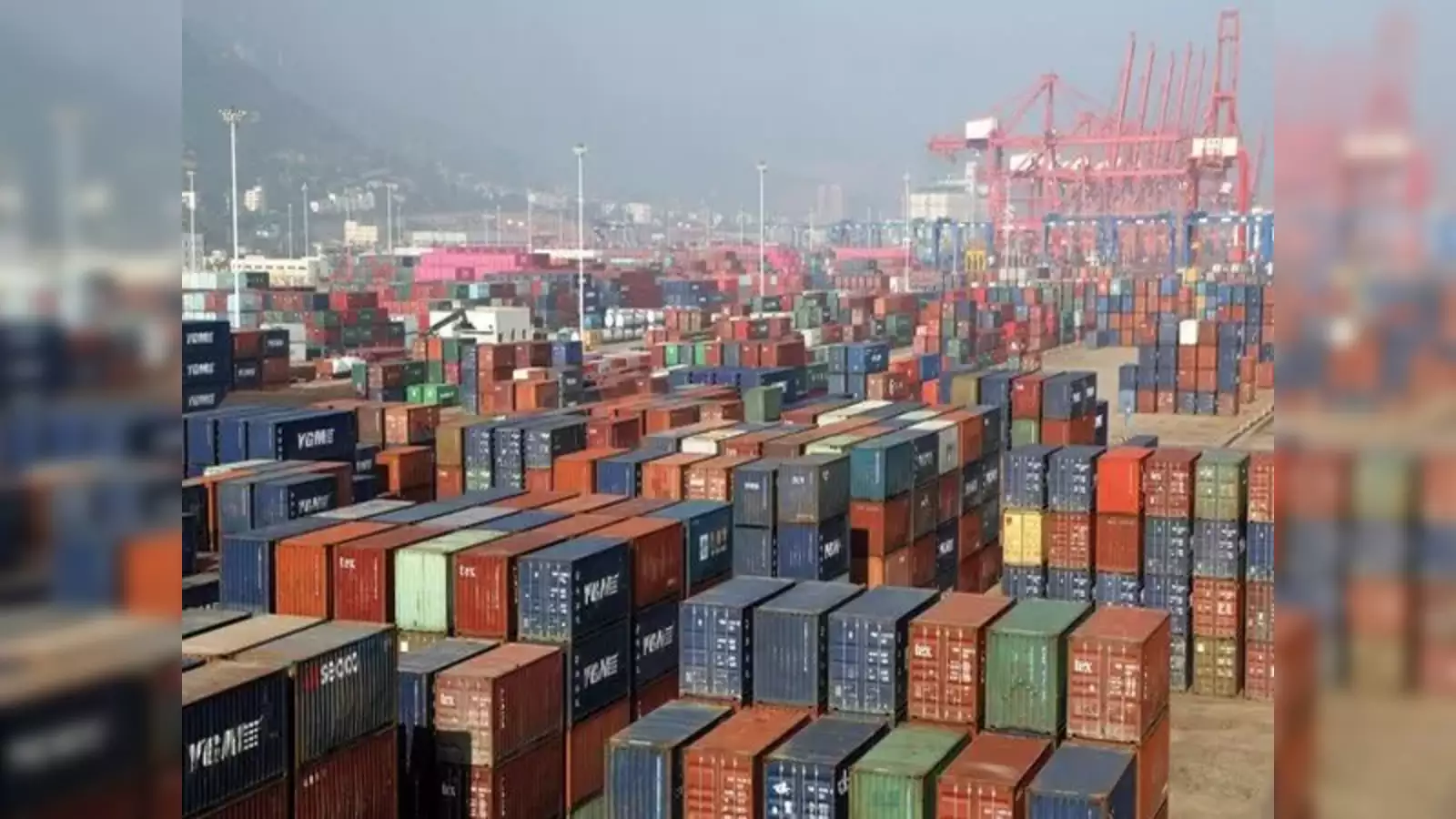15- Nov 12:52 PM India’s economic outlook for FY25 comes with a mix of manageable forecasts and anticipated challenges, according to a recent report by Bank of Baroda.
The bank anticipates that India’s current account deficit (CAD) will remain under control, although it cautions that pressures on the rupee may persist.
The report sheds light on the anticipated impacts of global economic conditions on India’s external balances and currency stability.
Bank of Baroda Predicts Contained Current Account Deficit
Bank of Baroda’s assessment highlights that India’s current account deficit for FY25 is likely to remain at manageable levels.
This projection is largely due to factors such as improved exports in sectors like technology and pharmaceuticals, along with a modest rise in remittances from overseas Indians.
Despite volatile global conditions, the Bank of Baroda expects these factors to help keep India’s CAD from rising sharply, projecting it to remain within a sustainable range relative to GDP.
The bank’s analysis considers several external risks, including the global economic slowdown and fluctuating commodity prices.
However, it notes that India’s diversified export base and strategic economic reforms are likely to provide a buffer against severe fluctuations, allowing the country to maintain control over its current account deficit.
The bank’s report suggests that a sustained CAD within manageable levels will support India’s macroeconomic stability.
Rupee Likely to Face Continued Pressure, Says Bank of Baroda
While the current account deficit outlook remains stable, the Bank of Baroda cautions that the Indian rupee is likely to experience pressure due to ongoing external factors.
The report highlights that elevated global interest rates and a strong US dollar could weigh on the rupee’s performance in FY25.
Given that foreign portfolio investments are sensitive to US monetary policy, any sustained rate hikes in the US could reduce inflows to emerging markets, impacting the rupee’s value.
Bank of Baroda also points to the possibility of continued geopolitical tensions, which could lead to fluctuations in oil prices, directly impacting India’s import costs and exerting pressure on the rupee.
The bank suggests that to mitigate these challenges, India may need to focus on attracting foreign direct investments (FDI) in key sectors and pursue policies that reinforce economic resilience.
Bank of Baroda’s Recommendations for a Resilient Fiscal Strategy
In its report, the Bank of Baroda emphasizes the importance of sound fiscal policies to navigate these challenges.
It suggests that maintaining a stable policy environment and boosting domestic investments can help India build resilience against external shocks.
Additionally, the bank advises a continued focus on policies that promote export diversification, improve domestic productivity, and attract long-term foreign investments, which could ultimately reduce India’s dependency on volatile capital flows.
Bank of Baroda’s forecast underscores the need for a balanced approach to managing India’s current account and currency stability.
The bank’s insights suggest that while India’s current account deficit appears manageable, prudent policies will be key to counteracting the rupee’s anticipated pressures in the coming fiscal year.





